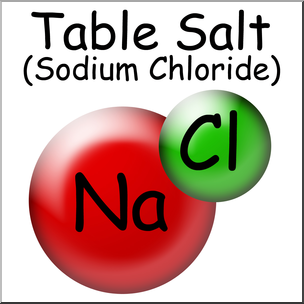BLOG NUMBER 14.65
Most things that happen to make our lives easier, especially technology-related things, are great innovations but we don’t take the time to understand how they work. Probably 9 of of ten people could not explain how an internal combustion engine works and yet that’s what makes our cars carry us all around every day.
Other things aren’t necessarily innovations, but natural chemical reactions that happen constantly in our lives. For example, many people go to micro-breweries these days to eat and drink, and you can often see the vats where they actually produce the beer. Inside those vats there is yeast which eats (reacts with) sugar to produce ethanol, and that is the molecule that makes people feel drunk.

In the winter people spread salt on their driveways and sidewalks to get rid of ice and snow but they don’t think about how it works. This, too is a chemical reaction.
How Does Salt Melt Ice?
First you have to understand that all liquids have a freezing point and a boiling point. Water boils at 100° C or 212° F and water freezes at 0° C or 32° F. When you put water in an ice tray and place it in the freezer it makes ice cubes.
So, why do some people put a bottle of vodka in the freezer and it stays liquid? Pure alcohol has a freezing point of -173° F which is very, very cold and most freezers are at 0° F so it doesn’t freeze.
The salt people scatter on ice is usually not like the salt we use on our food, but is related. The most common chemicals used to melt snow are Rock Salt, Calcium Chloride, Magnesium Chloride, and Potassium Chloride. When the salt comes into contact with the thin layer of water that usually sits on top of ice, it mixes with the water and changes the freezing temperature, actually lowering it to levels below 0° F. Then it goes to work on the ice, which melts because its freezing point has also been chemically changed by the salt.
The only problem with using salt on roads is that after the salt melts the ice it starts to damage the road itself. But the expense of buying salt and repairing the roads is worth it because studies show that salt reduces the number of slips and injuries to pedestrians, and it reduces the number of accidents involving motor vehicles.
Salt Snow Ice and Safety
Questions about salt, snow, ice, and safety? Snow Expert Jeremy Swenson is available for consultation. You can reach Jeremy by calling 816-564-9131.
DISCLAIMER: Information contained in this Website and blog is intended for informational purposes only and do not necessarily reflect the direct opinions, views or practices of Swenson Consulting or its consultants. The individuals who maintain this blog work for Swenson Consulting. The information, comments and links posted on this blog do not constitute legal advice. No attorney-client relationship has been or will be formed by any communication(s) to, from or with the blog and/or the blogger. All decisions relating to the content of the website blog belong to the blogger and management company responsible for the blog for the purpose of aggregating relative industry specific information related to snow removal.
